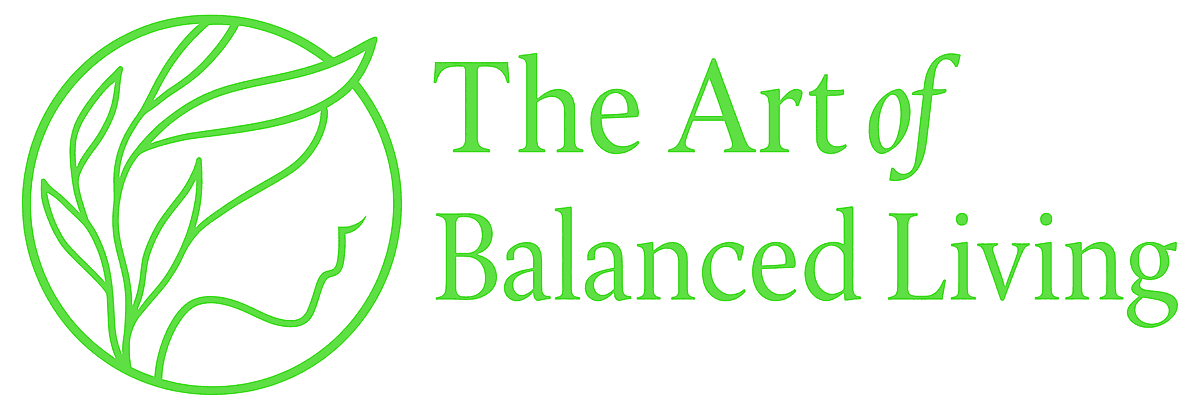
Introduction- protein requirement for kids by age and weight 1
Why Protein Is Crucial for Children. 1
Daily Protein Requirement by Age. 2
Protein Needs by Body Weight (0.8–1.2g/kg Rule) 2
How to Fulfil Daily Protein Needs (With Indian Foods) 3
FAQs- protein requirement for kids by age and weight 3
Introduction- protein requirement for kids by age and weight
As a parent, you want your child to grow strong, stay active, and stay healthy—but one question often confuses many moms and dads. Protein requirements for kids by age and weight also depend on other factors.
“How much protein should my child eat daily?” The answer isn’t a one-size-fits-all protein requirement; for kids, it depends on both age and weight—and it changes as they grow. In this guide, we’ll give you a simple, science-backed chart that covers everything you need to know.
Let’s make protein simple—not stressful.

Why Protein Is Crucial for Children
Protein isn’t just for gym-goers. For children, protein is a vital building block that supports their growth in height and weight as well as muscle and tissue development:
- Height and weight growth
- Muscle and tissue development
- Hormone regulation during puberty
- Strong immunity and energy levels
Without enough protein, children may face:
- Frequent illness
- Hair thinning
- Fatigue
- Weak muscle tone
Understanding the protein requirements for kids based on age and weight helps you plan a balanced, worry-free diet.
Daily Protein Requirement by Age
Here’s a simple age-wise chart based on ICMR and USDA recommendations:
| Age Group | Daily Protein Need |
| 0–1 year | 13–15 g |
| 1–3 years | 13–15g |
| 4–8 years | 19g |
| 9–13 years | 19 g |
| 14–18 years (girls) | 46g |
| 14–18 years (boys) | 46 g |
Note: These are average values. Active kids or athletes may need more.
Protein Needs by Body Weight (0.8–1.2g/kg Rule)
For a more personalised estimate, multiply your child’s weight in kg by 0.8 to 1.2 g depending on their activity level.
| Body Weight (kg) | Protein Needed (g/day) |
| 10 kg | 8–12g |
| 20 kg | 8–12 g |
| 30 kg | 16–24 g |
| 40 kg | 24–36 g |
| 50 kg | 32–48 g |
This weight-based method ensures you’re meeting the protein requirement for kids by age and weight more accurately.
How to Fulfil Daily Protein Needs (With Indian Foods)
It’s easier than you think. Here’s how much protein common foods contain:
1 boiled egg – 6g
1 glass of milk—88 g
½ cup cooked dal – 7g
1 slice paneer – 5g
Small piece of chicken—100g
1 tbsp. peanuts or 4 to 5 almonds
Tip: Combine grains and pulses (like rice and dal) for a complete protein.
Quick Tips for Parents
- Don’t skip protein at breakfast—it boosts mood and focus.
- Rotate between animal and plant sources
- Avoid relying solely on protein powders (unless prescribed).
- Watch for signs like low stamina, falling hair, or poor concentration.
Save This Chart: Protein Needs by Age & Weight (Visual Guide)
FAQs- protein requirement for kids by age and weight
Q: Can I give my 3-year-old a protein shake?
A: It’s best to meet protein needs through food. Only use powders if advised by a doctor.
Q: What if my child eats too much protein?
A: Occasional excess is okay, but chronic high-protein diets without water can strain kidneys.
Q: Does protein help with height?
A: Yes, protein supports overall growth, including height and bone strength.
Final Thoughts
Knowing the protein requirement for kids based on age and weight helps remove guesswork from daily meals. Use the chart, observe your child’s energy, and make small food swaps to balance their intake.
If you found this helpful, refer to our full Protein for Kids Series for focused guides by age, food tips, and expert advice. you can download our of BEST PROTEIN RICH FOOD CHART
Have questions? You are welcome to leave a comment below—we are collaboratively working towards building a healthier generation.
